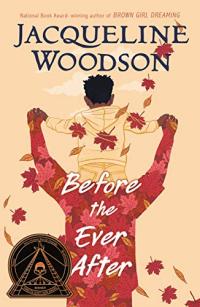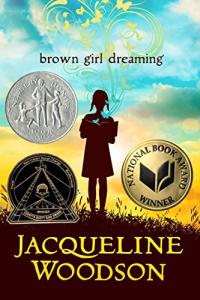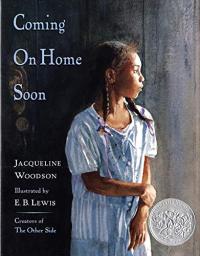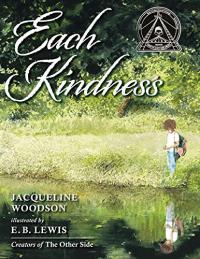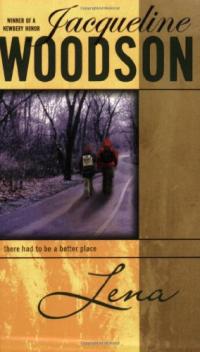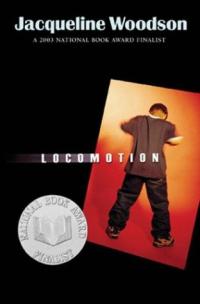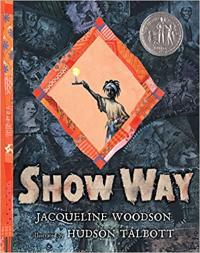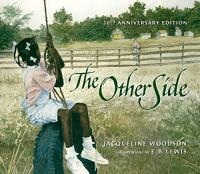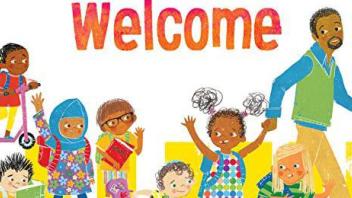
Biography
Born in Columbus, Ohio, Jacqueline Woodson grew up in Greenville, South Carolina, and Brooklyn, New York and graduated from college with a B.A. in English. She now writes full-time and has recently received the Margaret A. Edwards Award for lifetime achievement in writing for young adults. Her other awards include a Newbery Honor, two Coretta Scott King awards, two National Book Award finalists, and the Los Angeles Times Book Prize.
In 2014, Woodson was named the young people’s poet laureate by the Poetry Foundation.
Although she spends most of her time writing, Woodson also enjoys reading the works of emerging writers and encouraging young people to write, spending time with her friends and her family, and sewing. Jacqueline Woodson currently resides in Brooklyn, New York.
TED Talk: What reading slowly taught me about writing
Reading slowly — with her finger running beneath the words, even when she was taught not to — has led Jacqueline Woodson to a life of writing books to be savored. In a lyrical talk, she invites us to slow down and appreciate stories that take us places we never thought we’d go and introduce us to people we never thought we’d meet. “Isn’t that what this is all about — finding a way, at the end of the day, to not feel alone in this world, and a way to feel like we’ve changed it before we leave?” she asks.
Find this author’s books on these booklists
Themed Booklist
Fabulous Fathers
Themed Booklist
Friendship, Family, and Culture
Themed Booklist
Great Books About Grandparents
Themed Booklist
Holiday Buying Guide 2005
Themed Booklist
Holiday Buying Guide 2014
Themed Booklist
Holiday Buying Guide 2020
Themed Booklist
Life’s Ups and Downs: Emotions and Accomplishments
Themed Booklist
New Month, New Friends, and New School Year!
Themed Booklist
Picture Books Featuring Deaf or Hard-of-Hearing Characters
Themed Booklist
Selected Books for Black History Month
Themed Booklist
We Are a Community: Building Empathy and Understanding
Themed Booklist
